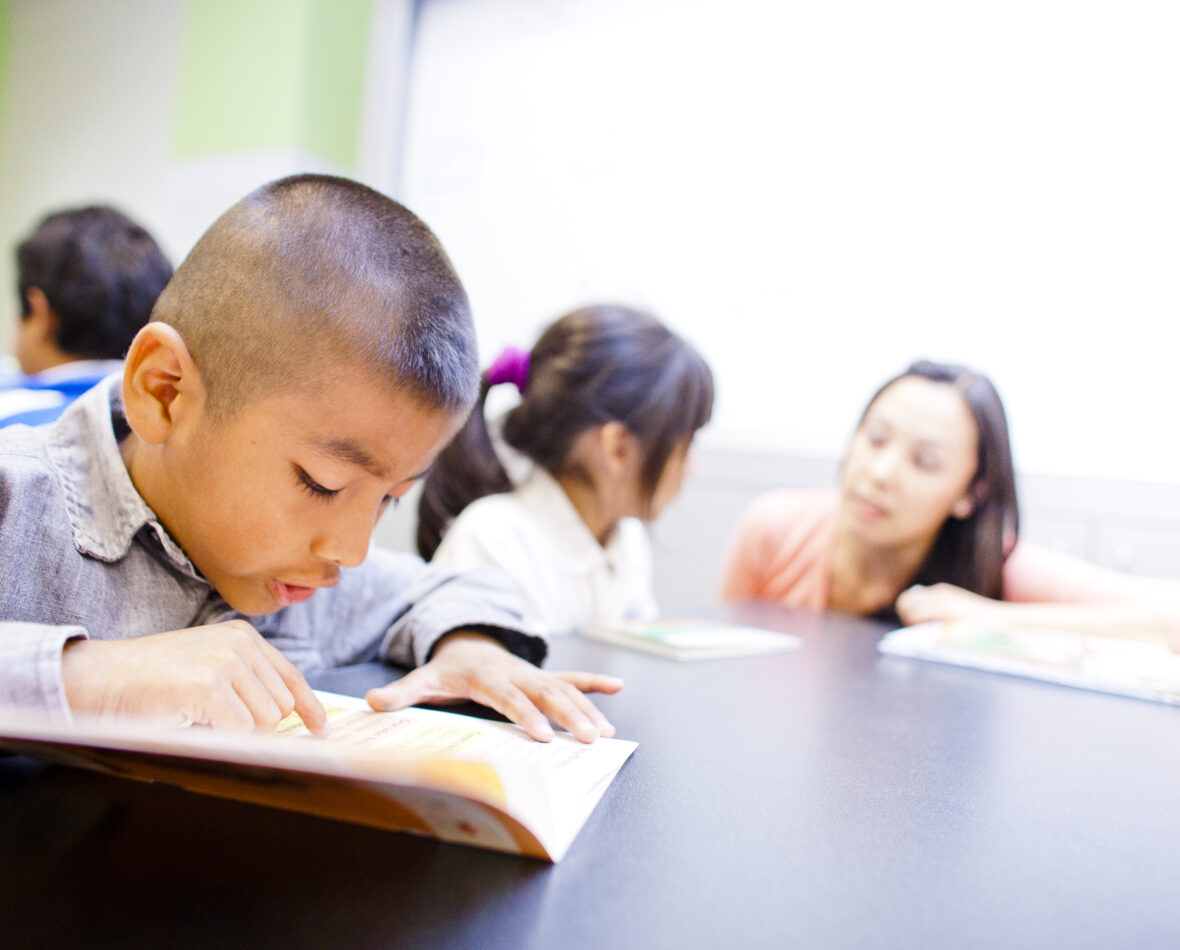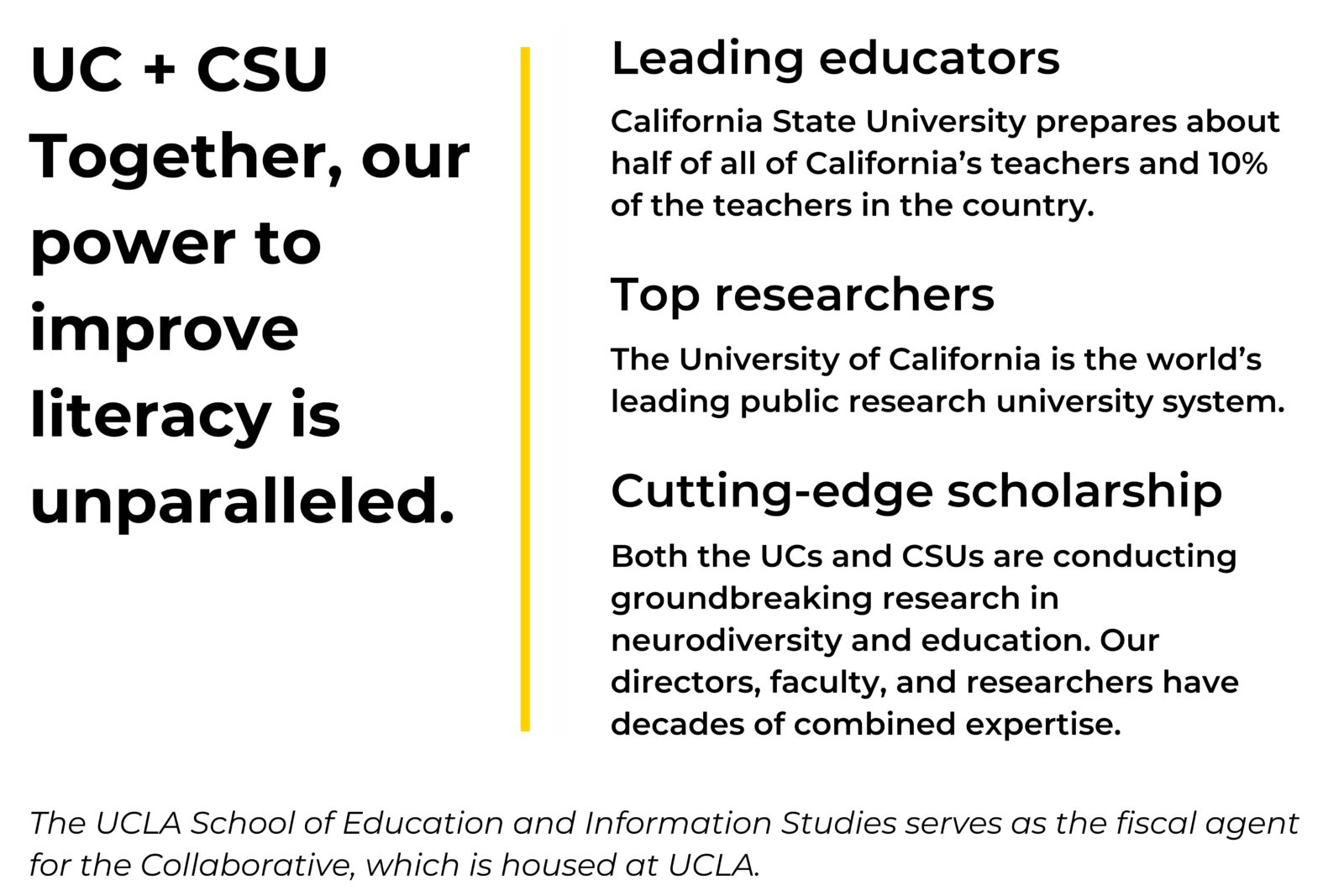
Literacy & Dyslexia
Addressing the language and literacy opportunities for California’s children
Our Literacy & Dyslexia Modules
To access the literacy and dyslexia modules, please create a free account now at arrayalearning.org, or click on a link below to be directed to a specific module upon registration:
- Introduction to Dyslexia and Literacy
- The Reading Brain and Dyslexia
- Screening and Assessment of Literacy Skills and Dyslexia
- Early Childhood and Dyslexia: Language and Literacy Development in Young Diverse Learners
- Dyslexia and Multilingual/English Learners: Understanding Language and Literacy Considerations
- Expanded Foundational Literacy Skills
New Look, New Home
We’ve updated our website and are now part of the broader UC|CSU Collaborative! Explore our new space and the homepage to learn more about the work we’re doing together.
Who We Are

Sue Sears
Co-Faculty Director, Literacy & Dyslexia Team, UC|CSU Collaborative for Neuroscience, Diversity, and Learning;
Professor Emerita, Department of Special Education, California State University, Northridge

Maryanne Wolf
Co-Faculty Director, Literacy & Dyslexia Team, UC|CSU Collaborative for Neuroscience, Diversity, and Learning;
Director, UCLA Center for Dyslexia, Diverse Learners, and Social Justice
The UC|CSU Collaborative for Neuroscience, Diversity, and Learning brings together experts in research and practice from the University of California and California State University with the goal of improving literacy for all children, particularly those with reading challenges such as dyslexia. This work comprises one aspect of the larger mission of the Collaborative.
We partner with teacher educators, PreK-12 teachers, parents, policymakers, and researchers in this effort.
We aim to empower educators and build strong readers.

Supporting all children and youth in becoming literate.
The goal of our work is to use cutting-edge knowledge to propel literacy development from infancy through adulthood.

Transforming the way we teach reading.
The key to improving reading outcomes is preparing our state’s future and current PreK to 12th grade teachers with a comprehensive, evidence-based, and systematic approach to the teaching of reading.

Uncovering the science of the reading brain and mind.
We are conducting ongoing research in the neurosciences, psychology, and education. Our aim is to build a more holistic understanding of the reader, the reading brain, and the teaching of reading to all learners, with all their neurodiversity.
We believe in literacy for all.
Our work is founded on the principles of social justice and educational equity. The UC|CSU Collaborative for Neuroscience, Diversity, and Learning believes that improving literacy is one of the great civil rights issues of this generation. Californians must work together to secure equal access to quality literacy instruction for all our children. Doing so is key not only to our children’s literacy and well-being, but also to our communities, democracy, and economy.

